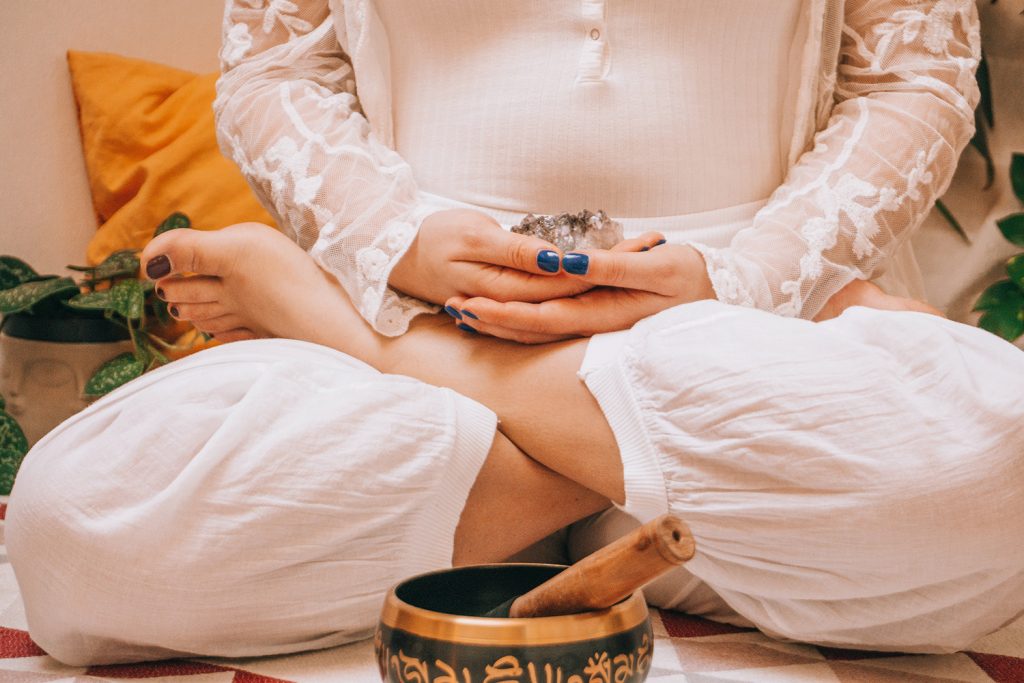India, the birthplace of ancient wisdom and spiritual enlightenment, has woven meditation into the very fabric of its culture. The practice of meditation in India extends far beyond a mere technique; it is a profound journey of self-discovery, inner peace, and spiritual awakening. This article explores the pivotal role meditation plays in Indian culture, drawing from its rich historical roots and contemporary relevance.
Spiritual Heritage:
Meditation is deeply rooted in India’s spiritual heritage, with references dating back thousands of years in ancient texts like the Vedas and Upanishads. These scriptures contain the seeds of meditation techniques and philosophical insights that continue to inspire seekers worldwide.
Diverse Meditation Traditions:
India boasts a tapestry of meditation traditions, each with its unique approach. From the mindfulness of Vipassana to the devotion of Bhakti yoga and the self-realization of Advaita Vedanta, the country offers a diverse range of paths to spiritual growth.

Source: https://www.pexels.com/de-de/suche/meditation/
Yoga and Meditation:
Yoga and meditation are inseparable twins in Indian culture. Yoga, with its physical postures (asanas) and breath control (pranayama), is often a prelude to meditation. The synergy between these practices nurtures both physical well-being and inner tranquility.
Inner Journey:
Meditation in India is not viewed solely as a religious practice; it’s a profound inner journey. It encourages individuals to explore the depths of their consciousness, seek answers to existential questions, and attain a state of self-realization.
Health and Wellness:
While meditation holds significant spiritual value, its impact on mental and physical health cannot be overlooked. Indians have long recognized the therapeutic benefits of meditation, from stress reduction to enhanced mental clarity.
Cultural Celebrations:
Indian festivals often incorporate meditation and mindfulness. During Diwali, the festival of lights, people meditate to illuminate their inner selves, and on International Yoga Day, millions gather for mass yoga and meditation sessions.
Renowned Spiritual Leaders:
India has been the home of spiritual luminaries like Swami Vivekananda, Paramahansa Yogananda, and Sri Sri Ravi Shankar, who have played pivotal roles in popularizing meditation globally.
Contemporary Relevance:
In today’s fast-paced world, meditation continues to flourish in India. People from all walks of life find solace in meditation, seeking refuge from the stresses of modern living.
Global Influence:
Meditation practices from India, such as Transcendental Meditation and mindfulness, have gained international acclaim. They are embraced for their effectiveness in promoting mental well-being.
Universal Appeal:
The universality of meditation makes it a bridge between cultures. It transcends boundaries, uniting individuals in their quest for inner peace and self-discovery.
Meditation is the heartbeat of Indian culture, pulsating with spirituality, wisdom, and healing. It is a testament to India’s enduring commitment to the exploration of the self and the quest for higher consciousness. As it continues to evolve and adapt to the modern world, meditation remains an indispensable thread in the rich tapestry of Indian culture, offering solace, wisdom, and the eternal promise of inner transformation.

